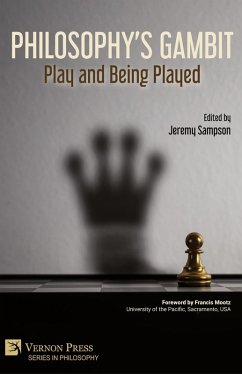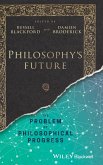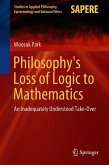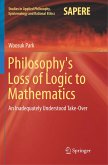Living in an era of immense and bewildering change in technology, pandemic and war, humanity has had cause to challenge the apparent old fixities and certainties of life. Essentially, are we being played? The premise of this volume is that all of human life is underpinned by powerful dynamic systems, so tightly interwoven into our daily lives that we are barely aware of them, whose true nature only comes to light at times of profound disruption or crisis. These powerful dynamic systems, philosophical or otherwise, often fall under the umbrella of ludic theory. Within these pages, some of the leading thinkers of ludic theory from three continents explore its diversity and relevance through the perspectives of some of the world's most famous philosophers. In many ways, this volume follows on from Sampson's 'Being Played: Gadamer and Philosophy's Hidden Dynamic' (2019). It also draws upon other ludic-centred and ludic-inspired texts that include Mattice's 'Metaphor and Metaphilosophy' (2014) and Arthos' 'Gadamer's Poetics: A Critique of Modern Aesthetics' (2014), together with Frazier's 'Reality, Religion and Passion' (2009) and Homan's 'A Hermeneutics of Poetic Education' (2020). Although this is not the first volume offering an integrated approach to ludic theory, see Ryall (ed), 'The Philosophy of Play' (2013), it offers a diverse and detailed approach to the subject, including not only Western philosophers, but also thinkers from Ancient China, 16th-century India and modern South America. This volume will be not only of interest to scholars and students of ludic theory and philosophy in general, but because of its deliberate globalised content, it is hoped it might have a wider appeal globally as humanity continues to grapple with significant challenges created by these current winds of change.
Hinweis: Dieser Artikel kann nur an eine deutsche Lieferadresse ausgeliefert werden.
Hinweis: Dieser Artikel kann nur an eine deutsche Lieferadresse ausgeliefert werden.








